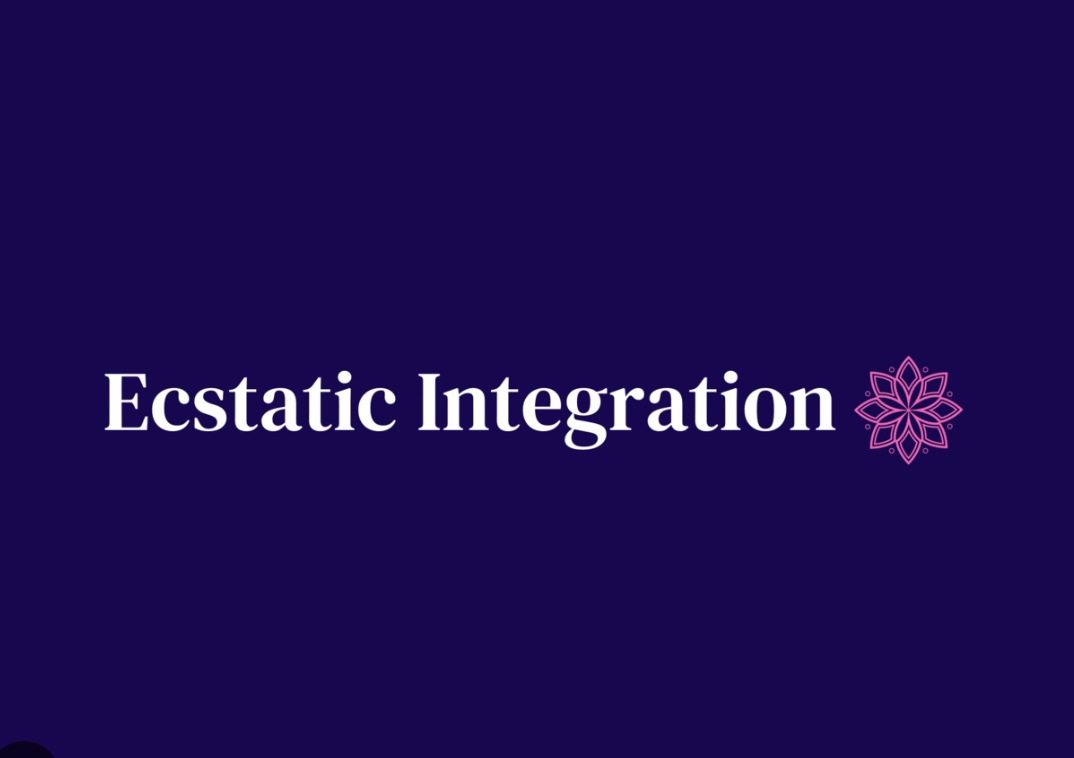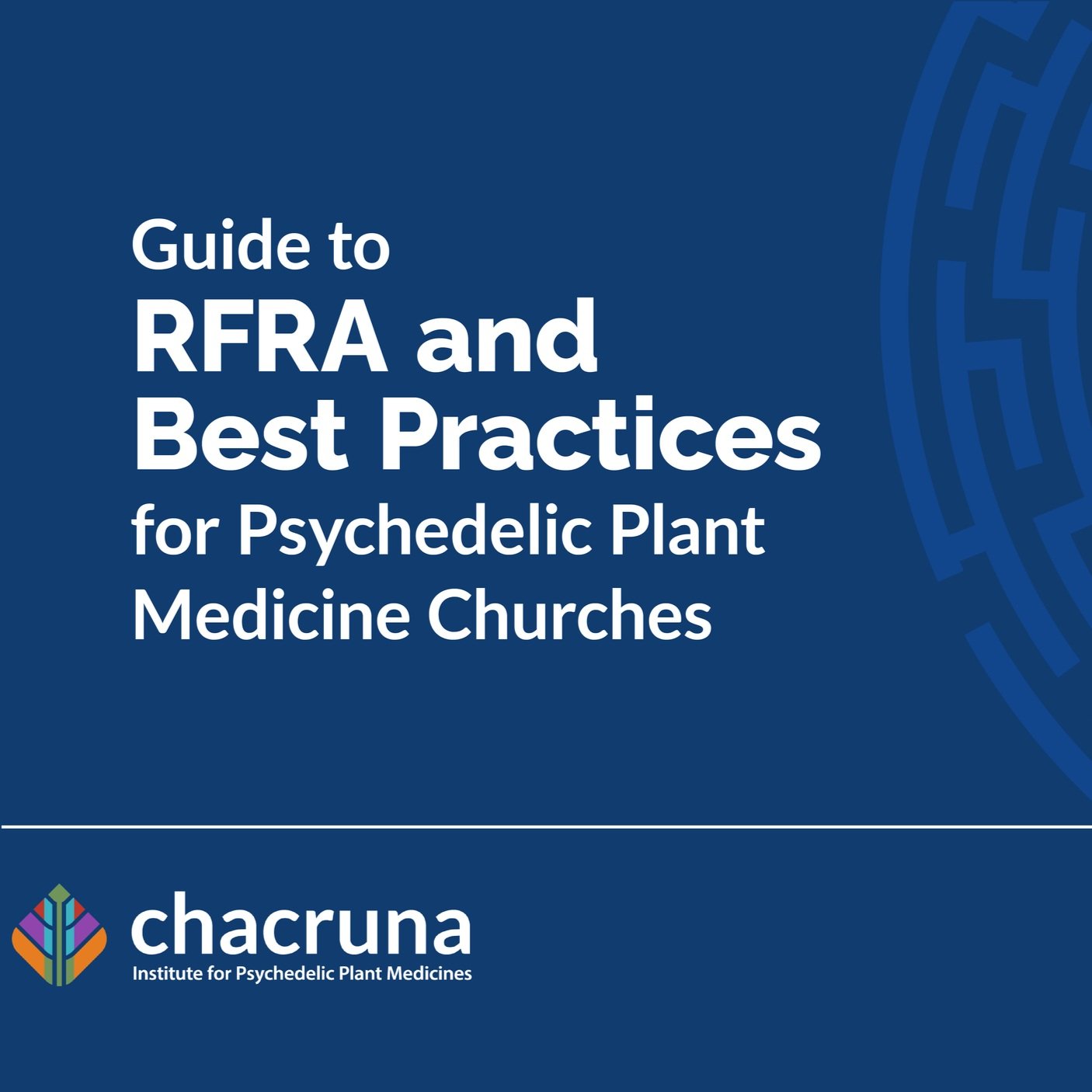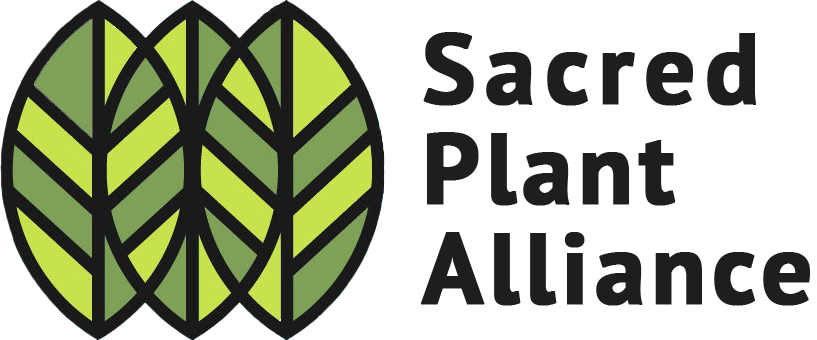
MEDIA & RESOURCES
-

Sacred Plant Alliance: The Mission and Vision of a Self-Regulating Association of Psychedelic Churches
Recording of panel as Sacred Plant Alliance presentation during 2023 MAPS Psychedelic Science Conference in Denver, CO with SPA President and Board Member Allison Hoots, Board Member Robert Heffernan, and Member Otis Stanley of Sacred Garden Community
-

Amicus Brief filed Support of Sacramental Churches’ Rights under RFRA Appeal
The Chacruna Institute and Sacred Plant Alliance filed an amicus brief on October 17, 2023 in support of the plaintiff church in the Iowaska Church of Healing v. United States case, to emphasize to the U.S. Court of Appeals for the D.C. Circuit why the decision in the lower court, the district court, was wrongly decided.
This case involves an ayahuasca church’s rights to free exercise of religion, protected under the federal Religious Freedom Restoration Act (“RFRA”), and to obtain IRS recognition of its 501(c)(3) nonprofit status as a church.
-

“Psychedelic religions: how big could they grow?”
Article for Ecstatic Integration by Jules Evans:
“A psychedelic church, in my opinion, creates a bridge to the spiritual self and divinity that has felt harder to access in a world so distant, separate, and technological. The individual has been told the American dream is an individual success. We lack close knit communities and opportunities to pause and connect - whether to the self, nature, others, or the divine (however that is defined). A psychedelic ritual brings these aspects of the human experience to the surface.” - SPA President Allison Hoots
-

Psychedelics, the Law & the RFRA with Allison Hoots of the Sacred Plant Alliance
Podcast “Medicine For These Times” with Beth Weinstein:
As the president of the Sacred Plant Alliance, Hoots prioritizes the establishment of self-regulation within the psychedelic realm. She explains the Sacred Plant Alliance’s anonymous reporting system for emergencies and abuses in the psychedelic space.
The difficulty in legalizing churches for psychedelic use, noting the need for an affirmative defense. Medical screening and informed consent, according to Hoots, are crucial measures for safeguarding both individuals and spiritual communities involved with psychedelics.
Navigating the risks and benefits of harm reduction practices within the context of illegal drug use, advocating for the balance of enforceable rules and the potential for unintended criminalization.
-

Shamanic Ceremony Leaders Join Forces to Shape Legal Strategy through the Sacred Plant Alliance
Lucid News: “A professional organization of psychedelic churches that have historically been part of different, and sometimes conflicting lineages, hopes to build and share resources and best practices through a new organization.“
Labate [of Chacruna Institute] says the SPA can assist religious groups in a number of ways. “Basically, we hope that communities that embody the factors that allowed the UDV and Santo Daime to prevail in court will stand a good chance of having their own rights recognized. These factors include, among others, being able to articulate the religious nature of your practices involving the use of sacramental substances, consistently applying good safety measures and measures for preventing the diversion of sacramental substances, and having a well-organized and financially transparent institutional structure.”
-

“Psychedelic ministry sells magic mushrooms from historic Detroit church”
Article by Religion News Service: “Hoots said psychedelic churches will be held to a different standard than other religious groups due to the specter of the war on drugs. But she acknowledged that accountability mechanisms such as those provided by Sacred Plant Alliance are important due to the potential for harm.
“There are risks. There aren’t inherent harms, but there are inherent risks with any substance. And the impact of these sacraments are massive,” said Hoots. “I think it needs to be taken seriously, and handled with reverence and responsibility.”
-

Guide to RFRA and Best Practices for Psychedelic Plant Medicine Churches
Chacruna Institute for Psychedelic Plant Medicines & Hoots, A. (2021). Guide to RFRA and Best Practices for Psychedelic Plant Medicine Churches. San Francisco, CA: Chacruna Institute for Psychedelic Plant Medicines.
This Guide gives churches using psychedelic plant medicines as sacrament in religious exercise in the United States the knowledge to understand the framework through which protection is offered under the Religious Freedom Restoration Act (RFRA). RFRA rights may be a claim or defense when burdened by the government and may become an affirmative legal right with an exemption from the Controlled Substances Act. The Guide also explains incorporation, tax-exempt status, pre-screening procedures, limiting liability, and other aspects of operation in this context. While RFRA automatically provides protection for sincere religious exercise, not every church using psychedelic plant medicines will be exempt from criminal prosecution solely on the basis of religious use. There is a balancing test under RFRA that will be applied where the whole of a church’s religious beliefs and spiritual practices will be scrutinized – but scrutiny will be applied to the government’s interests in prohibiting this use, as well. By understanding this RFRA test, the law, government criteria, and the history of previous court and government agency decisions and analysis, as detailed by this Guide, a church may make informed decisions in how it articulates its sincere beliefs and operates.
